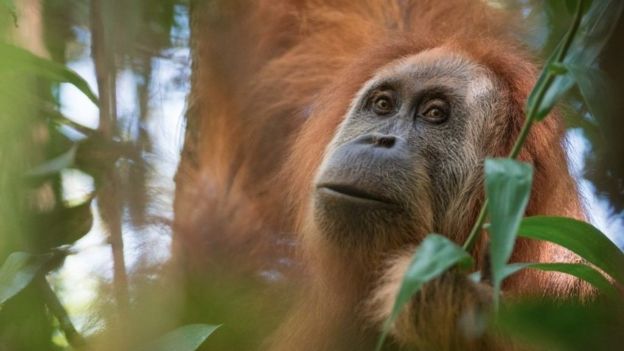MI weekly selection #257

Malaria-causing parasites drive mosquitoes to bite humans
Mosquitoes infected with parasites that induce malaria tend to seek out humans more when the parasite is in the infectious stage, suggesting the parasite is controlling mosquitoes’ behavior. Researchers say that when Plasmodium falciparum is in the transmissible stage, it will drive mosquitoes to feed on human blood because the parasite can only develop and reproduce in humans.
Electric shocks of low intensity have little effect on brain waves
Alternating, low-level electrical shocks to the brain to improve memory don’t seem to affect brain waves. Researchers monitored the brain waves of epilepsy patients who underwent transcranial alternating current stimulation and found no changes.
New orangutan species found in Sumatra already endangered
A new species of orangutan has been identified in Sumatra, the first new great ape species recognized in nearly 100 years. Tapanuli orangutans, however, are already endangered, with just 800 of them left.
Hope “flammable ice” can ease Japan’s energy crunch
Scientists in Japan are working on a way to use “flammable ice” to generate energy and to reduce imports of liquefied natural gas, oil and coal. Japan has spent about $1 billion on research and development over the past 15 years to explore how natural methane can be extracted from frozen gas hydrates.
Aging is inevitable, mathematical models suggest
It is mathematically impossible to stop the aging process. Researchers used mathematical models to show that as a person ages, cells either slow down, causing such things as graying hair, or multiply unchecked to become cancerous, and if one process is stopped, the other takes over.